RUSSIA calls to renew NUCLEAR DISARMAMENT talks with US
In a recent development that has captured global attention, Russia has called for the renewal of nuclear disarmament talks with the United States. This proposal comes at a critical time, as tensions between the two nuclear superpowers have been escalating over various geopolitical issues. With the future of arms control agreements uncertain, the renewed push for dialogue on nuclear disarmament signals a significant shift in Russia’s approach to international relations and its willingness to engage in discussions that could shape the future of global security.
The Importance of Nuclear Disarmament Talks
Nuclear disarmament has long been a key issue in international diplomacy, especially between the United States and Russia. As the two countries possess the largest nuclear arsenals in the world, the fate of global security often hinges on the state of their arms control agreements. The renewal of talks on disarmament is crucial not only for reducing the risk of nuclear conflict but also for maintaining international stability.
The last major arms control treaty between the U.S. and Russia, the New START (Strategic Arms Reduction Treaty), which was signed in 2010, limits the number of deployed nuclear warheads and delivery systems each country can possess. However, this treaty is set to expire in 2026, and negotiations on extending or replacing it have yet to gain significant momentum. Russia’s recent call for renewed discussions underscores the importance of addressing these issues before they become a source of further tension.
Russia’s Motivation Behind the Call
Russia’s push to renew nuclear disarmament talks comes as part of a broader strategy to stabilize relations with the West. After years of growing distrust and disputes over issues like the conflict in Ukraine, NATO expansion, and cyber threats, Russia appears to be seeking avenues for diplomatic engagement. By bringing nuclear disarmament back to the negotiating table, Russia hopes to demonstrate its commitment to global security and its willingness to engage in meaningful dialogue with the United States.
For Russia, nuclear arms control is not just about reducing arsenals but also about ensuring its strategic security. In recent years, Russia has modernized its nuclear forces and increased its emphasis on maintaining nuclear deterrence. As the U.S. and NATO have strengthened their military presence near Russia’s borders, Moscow may view the renewal of arms control talks as an opportunity to gain assurances regarding the future of its nuclear deterrent.
Moreover, Russia’s call for renewed talks may also be seen as an attempt to break the impasse in U.S.-Russia relations, which have been marked by mutual suspicion and sanctions. By focusing on nuclear disarmament, a crucial issue with global implications, Russia may hope to open the door for broader cooperation on other fronts.
The United States’ Response to Russia’s Call
The U.S. response to Russia’s call for renewed nuclear disarmament talks has been cautious, with officials expressing interest in pursuing dialogue but also emphasizing the importance of a clear and comprehensive framework. The Biden administration has made it clear that it remains committed to arms control and non-proliferation efforts, and has already extended the New START treaty for five years in early 2021. However, Washington has also indicated that any future talks would need to include more than just nuclear weapons.
For the U.S., the issue of strategic stability is not limited to nuclear weapons alone. Washington has called for a broader approach that includes discussions on conventional weapons, missile defense systems, and emerging technologies like artificial intelligence and cyber capabilities. While nuclear disarmament remains a top priority, the U.S. seeks a more comprehensive approach that takes into account the evolving nature of warfare and global security threats.
Furthermore, the U.S. has been wary of Russia’s actions in recent years, particularly its military interventions in Ukraine and Syria, as well as its involvement in cyberattacks against U.S. institutions. These concerns could complicate the willingness of the U.S. to fully engage in disarmament talks without addressing broader security issues. However, there are hopes that dialogue on nuclear weapons could serve as a stepping stone toward building trust and addressing other critical matters in U.S.-Russia relations.
The Role of International Communities in the Talks
The renewal of nuclear disarmament talks between Russia and the United States will also have broader implications for the international community. Many nations around the world, particularly those in Europe and Asia, have expressed concern about the potential for renewed arms races or nuclear conflict. Global security depends on the cooperation of nuclear and non-nuclear states alike, and the renewal of talks could provide a framework for multilateral disarmament efforts.
The United Nations and international arms control organizations, such as the International Atomic Energy Agency (IAEA), play crucial roles in fostering transparency and accountability in nuclear disarmament. The involvement of these bodies, as well as support from other nuclear powers such as China and France, could help ensure that any new agreements are comprehensive and effective. Moreover, bringing in international stakeholders would help address concerns about regional security dynamics and the potential for arms proliferation.
Challenges to Successful Nuclear Disarmament Talks
While the call to renew nuclear disarmament talks is a positive step, there are significant challenges to achieving meaningful progress. The most pressing issue is the lack of trust between the United States and Russia, which has been exacerbated by years of sanctions, political interference, and military confrontations. Rebuilding this trust will be a slow and difficult process, and it is unclear whether both sides are ready to make the necessary compromises.
Another challenge is the evolving nature of nuclear threats. Modern nuclear arsenals are increasingly sophisticated, and both Russia and the U.S. are developing new types of weapons that could fall outside the scope of traditional arms control agreements. These include hypersonic missiles, which are faster and harder to detect than traditional missiles, as well as advanced missile defense systems. Addressing these new technologies will require a fresh approach to arms control that goes beyond the limits of existing treaties.
Finally, there is the issue of verification. Ensuring that both parties comply with any new arms control agreements will require robust monitoring and verification mechanisms. In the past, both the U.S. and Russia have faced challenges in verifying each other’s compliance with treaties, and finding solutions to these issues will be critical for the success of future disarmament talks.
The Global Significance of Renewed Disarmament Talks
Renewing nuclear disarmament talks between the United States and Russia could have far-reaching implications for global security. The U.S. and Russia control over 90% of the world’s nuclear weapons, so any agreement between them could set the stage for broader international disarmament efforts. A successful agreement could inspire other nuclear-armed states to reduce their stockpiles and commit to non-proliferation, making the world a safer place for future generations.
Furthermore, progress on nuclear disarmament would demonstrate the power of diplomacy and international cooperation in addressing global security challenges. In a time when tensions between major powers are high, the ability to engage in dialogue and find common ground on critical issues remains essential for maintaining peace.
In Conclusion
Russia’s call to renew nuclear disarmament talks with the United States is a significant development in the realm of international diplomacy. While challenges remain, this proposal represents an opportunity for both nations to engage in constructive dialogue and address one of the most pressing issues in global security. By working together, the U.S. and Russia can pave the way for a more stable and secure world, where nuclear weapons no longer pose an existential threat to humanity. The renewal of these talks is just the beginning of a long and complex journey toward a safer and more peaceful future.
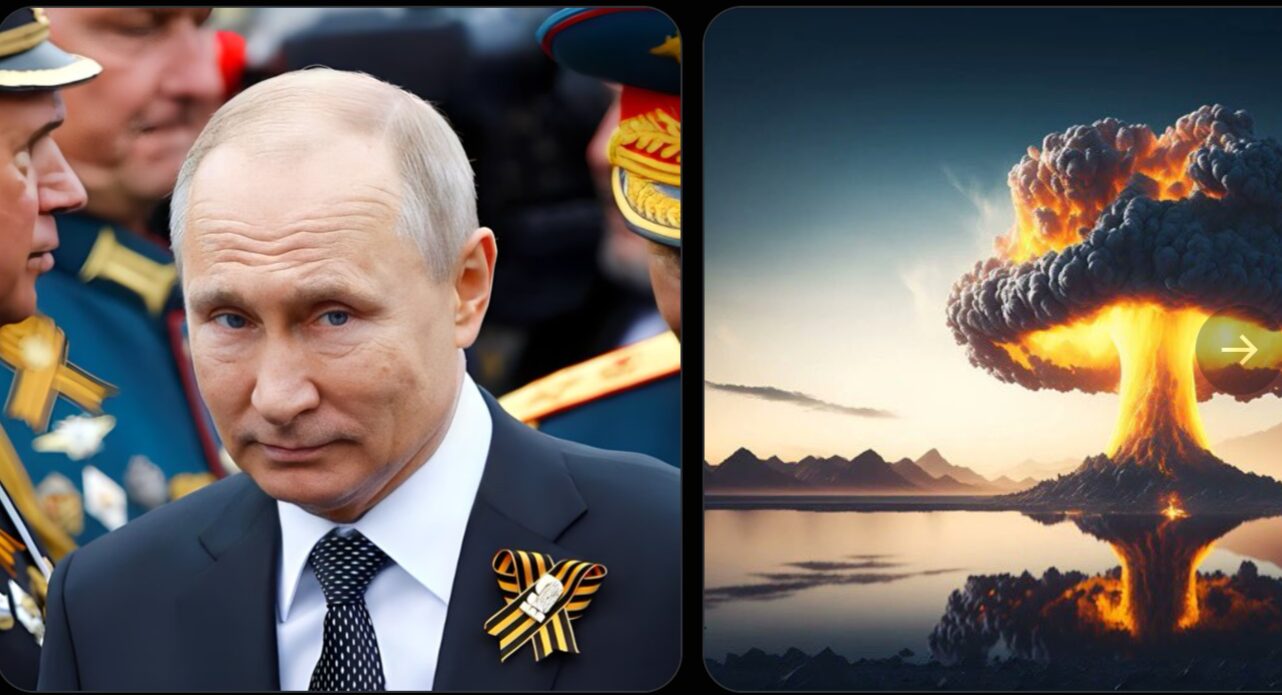
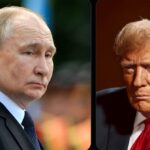
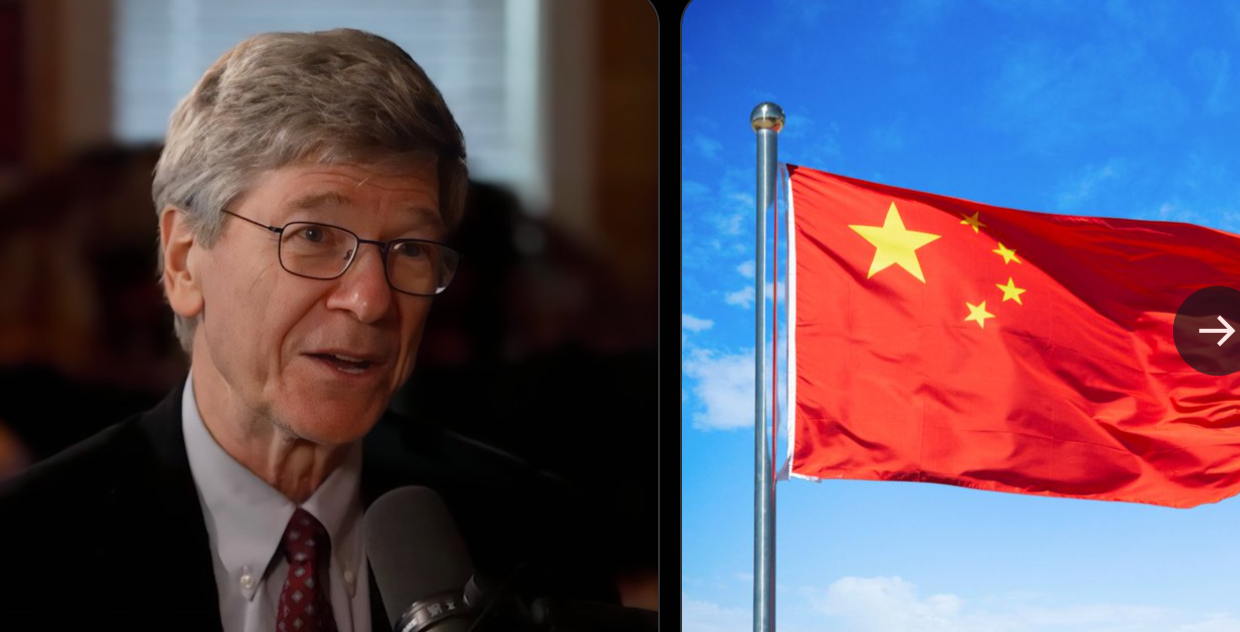


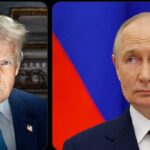

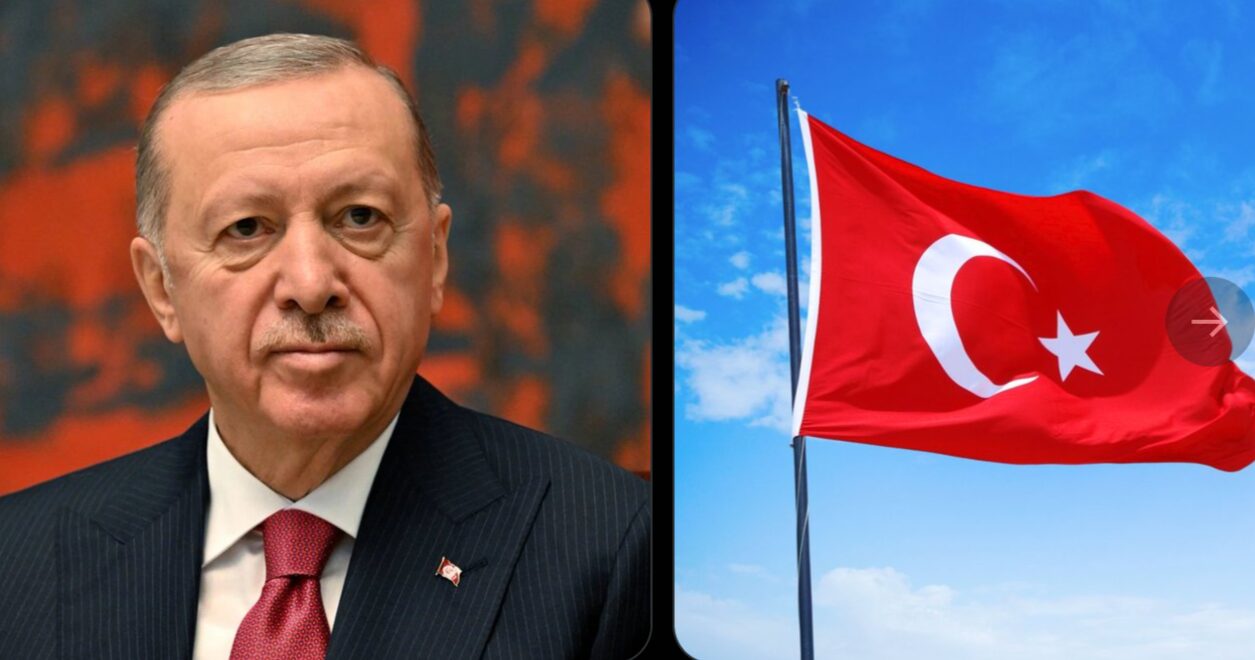
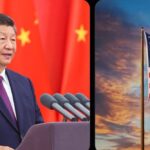








Post Comment